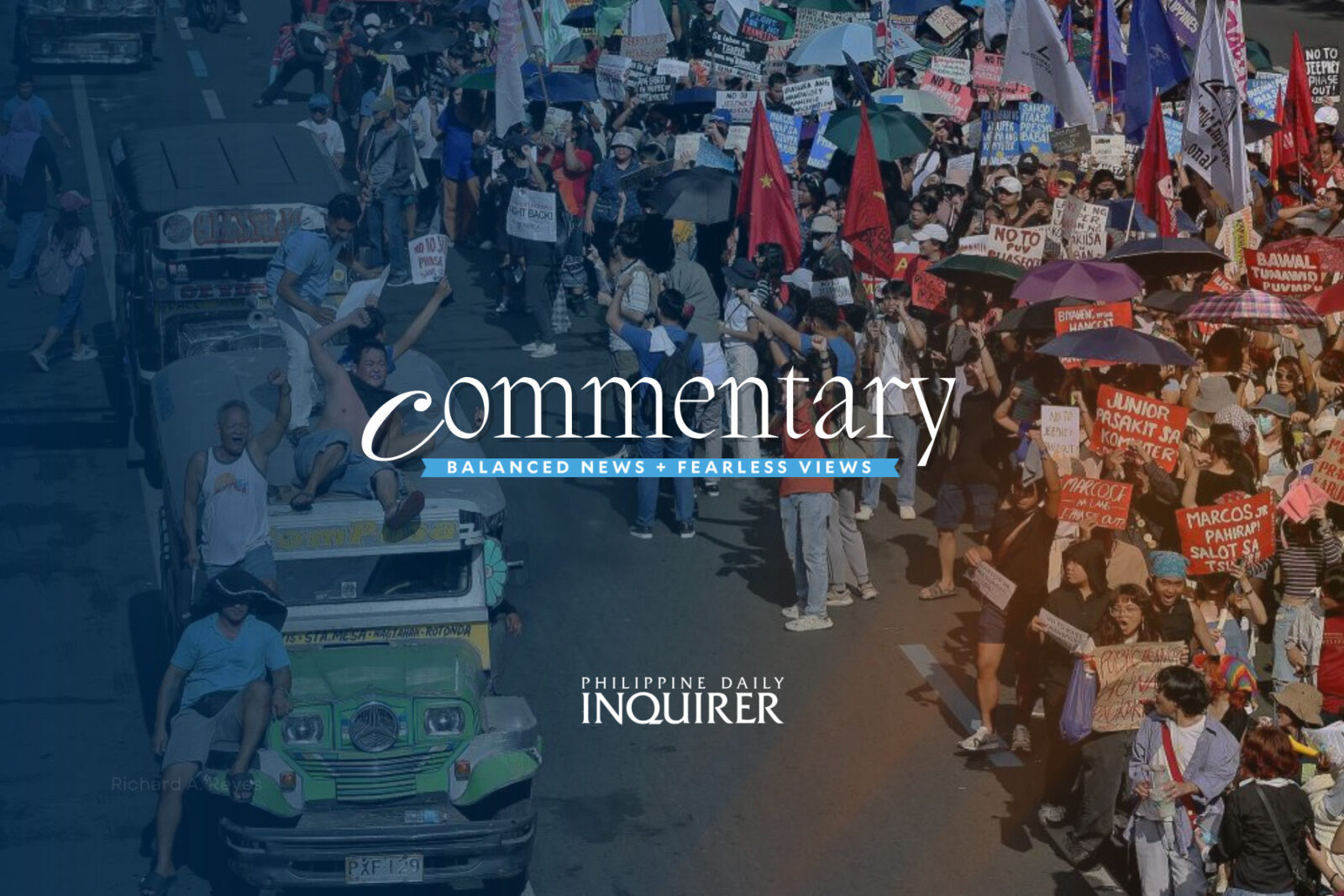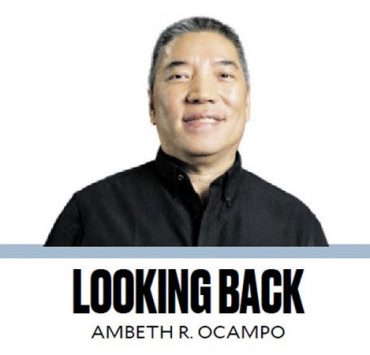Asean strategy for sovereignty amid tariffs, tensions

Jakarta–United States President Donald Trump’s return to sweeping tariffs—including a 25-percent levy on auto imports, a 10-percent tariff across the board, and a steep 32-percent reciprocal rate on Indonesian exports—marks a defining moment in the reshaping of global trade and power dynamics.
For Southeast Asia, and especially for Indonesia, this is not just another chapter in the US-China rivalry, but a direct economic hit. Key Indonesian sectors such as textiles and shrimp exports have already been feeling the pinch, while the rupiah has tumbled to its lowest point since the 1997-1998 Asian financial crisis.
More than a predicament, this is a call to action. The era of multilateral globalization is fading. What comes next must be defined by regional resilience, energy independence, and strategic vision.
Currently, Indonesia is undergoing a foreign policy shift. President Prabowo Subianto’s appointments of professor John Mearsheimer, a leading voice in offensive realism, and Professor Jeffrey Sachs, a Nobel laureate in economics and a global advocate for sustainable development, suggest a dual doctrine: stronger security guided by social justice. This blend may prove crucial in navigating a world of economic coercion and hardening alliances.
While Trump’s tariffs are aimed at domestic politics, their impact on Southeast Asia will be significant. Asean economies, deeply integrated into global supply chains centered around Chinese manufacturing, face serious disruptions, especially in intermediate goods and auto parts. This protectionist shift undermines trust in the US as a stable economic partner, even as its role as a security counterweight to China continues to grow.
China’s regional role is equally complex. Despite deep economic ties with Southeast Asia, trust deficits persist. According to the ISEAS–Yusof Ishak Institute’s State of Southeast Asia: 2024 Survey Report, many in the region remain wary of China’s strategic ambitions.
While over 50 percent of respondents expect relations with China to improve, significant concerns remain, particularly on China’s assertive actions in the South China Sea and Mekong region. Skirmishes between Beijing and Manila in the natural resource-rich maritime territory have been intensifying.
This paradox of economic interdependence and strategic anxiety underscores Asean’s urgent need for unity and legal clarity. Trust must be earned not just through infrastructure, but through restraint and respect for international law.
If Asean were to thrive in this fractured world, it must stop playing defense. A strategic partner could be the Nusantara fund—a regional sovereign wealth fund cogoverned by all Asean member states and powered by Japan. As the ISEAS survey found, Japan is seen by respondents as the most trusted partner of Asean.
The purpose of the fund is to build strategic economic sovereignty. Through it, Asean can invest in the regional manufacture of electric vehicle batteries and semiconductors and engage in agro-industry. It can also fund logistics and maritime infrastructure like ports, rail, and digital connectivity across Asean. The fund can support the region’s green energy transition industries, including hydrogen, solar, and biofuels, especially in underserved areas.
The fund can thus allow Asean to stand on its own feet—less dependent on external creditors and less exposed to sudden shocks like tariffs or supply chain disruptions. It is both a strategic tool and a symbol of our collective autonomy.
Indonesia, now a net oil importer, must also respond to the inflationary pressure and volatility created by global sanctions and energy competition. Russia offers a quiet but necessary opportunity and is now part of the new BRICS affiliation.
But while Indonesia’s move to explore energy cooperation with Russia may be rooted in economic necessity, it must be pursued with diplomatic care and continued engagement with the US in areas such as the just energy transition partnership.
As the big power rivalry intensifies, Asean must reject the binary choice. Instead, it should strengthen its internal security cooperation—through shared intelligence, maritime domain awareness, and an overdue and binding Code of Conduct in the South China Sea.
The world is fragmenting, and the future will not be inherited by the biggest economies, but by those with the clearest moral and strategic compass. Asean must become not just a region of stability—but of direction. As the region’s largest economy, Indonesia must lead the way—not by reacting to the world’s changes, but by shaping them. The Jakarta Post/Asia News Network
—————-
Yenny Wahid is a politician, director of The Wahid Foundation and an advocate of inclusive economic development, regional cooperation, and strategic autonomy for Southeast Asia. The views expressed are personal.
—————-
The Philippine Daily Inquirer is a member of the Asia News Network, an alliance of 22 media titles in the region.

















Working abroad: A choice, not a necessity